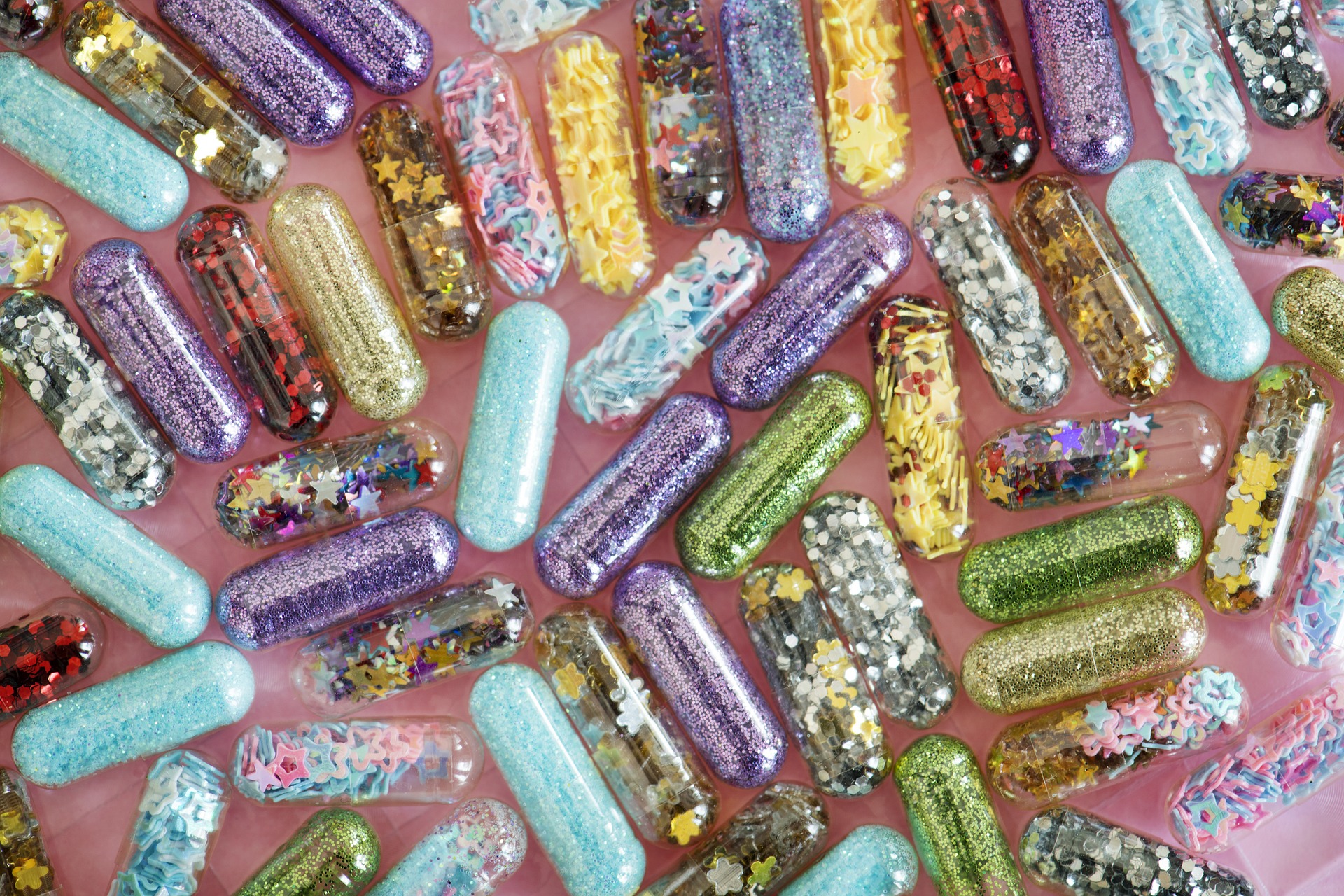Most people who use CBD take it “PRN” – which is a medical term for “when needed”. However, CBD offers some very important preventative benefits, and perhaps you should be taking CBD daily – just like a multivitamin.
CBD reduces your risk of osteoporosis, cardiac arrhythmias, damage to brain cells after a stroke, and even panic-attacks.
For all the reasons one might take CBD when needed, maybe one should instead take CBD daily, or on a regular basis to protect those very same problems from ever presenting themselves.
CBD has been shown to help heal bone fractures. However, instead of waiting for the fracture to occur, it might make more sense to take CBD daily to prevent osteoporosis which is the main risk for bone fractures.
CBD reduces anxiety. Instead of waiting for that panic attack to begin, it might be wiser to take CBD regularly to prevent that panic attack from ever presenting itself.
CBD treats depression. Instead of waiting for that overwhelming feeling of deep darkness to overwhelm you, perhaps taking CBD regularly would intuitively make more sense.
CBD treats addiction. Instead of waiting for the withdrawal symptoms to result in the compulsive need to smoke/drink/abuse opioids, perhaps taking CBD daily, or on a regular basis would be more logical.
Basically, CBD is a brain vitamin. It replaces any deficiency of the body’s natural cannabinoids and as a result, stabilizes the brain. In fact, CBD helps the brain in a very similar way to how a multivitamin helps the body.
Many people take multivitamins every day because they want to make sure they are getting all their daily requirements. In the same way, taking CBD every day is a wise choice to make sure that the brain is benefiting from the necessary endocannabinoids it must have to function properly.
When the vitamin levels are low, a person is at risk for anemia, fatigue, and a wide variety of infections. When the endocannabinoid levels are low, one is at risk for developing depression, anxiety, insomnia, and even seizures.
If your daily regimen includes a multivitamin to protect the body, why not include a CBD agent to protect the brain?
Ref:
Sylantyev S, et al. Cannabinoid- and lysophosphatidylinositol-sensitive receptor GPR55 boosts neurotransmitter release at central synapses. Proc Natl Acad Sci U S A. 2013; 110:5193–5198.
“Molecular Targets of Cannabidiol in Neurological Disorders.” Neurotherapeutics. 2015 Oct; 12(4): 699–730.
“Cannabidiol as an emergent therapeutic strategy for lessening the impact of inflammation on oxidative stress.” Free Radic Biol Med. 2011; 51:1054–1061
“Delayed treatment with cannabidiol has a cerebroprotective action via a cannabinoid receptor-independent myeloperoxidase-inhibiting mechanism.” J Neurochem. 2007; 102:1488–1496.
“Inhibition of human neutrophil chemotaxis by endogenous cannabinoids and phytocannabinoids: evidence for a site distinct from CB1 and CB2.” Mol Pharmacol. 2008 Feb;73(2):441–50.
“Cannabidiol enhances anandamide signaling and alleviates psychotic symptoms of schizophrenia.” Transl Psychiatry. 2012 Mar 20;2:e94.
“Cannabidiol as a Potential New Type of an Antipsychotic. A Critical Review of the Evidence.” Front Pharmacol. 2016; 7: 422.
“Cannabidiol exerts sebostatic and anti-inflammatory effects on human sebocytes.”
J Clin Invest. 2014 Sep; 124(9):3713-24.
“Human metabolites of cannabidiol: a review on their formation, biological activity, and relevance in therapy.” Cannabis Cannabinoid Res. 2016; 1:90–101
“Cannabidiol and (-) Delta9-tetrahydrocannabinol are neuroprotective antioxidants.” Proc Natl Acad Sci U S A. 1998 Jul 7; 95(14):8268-73.
“The nonpsychoactive Cannabis constituent cannabidiol is a wake-inducing agent.” Behavioral Neurosci. 2008 Dec;122(6):1378-82.
“Non-THC cannabinoids inhibit prostate carcinoma growth in vitro and in vivo: pro-apoptotic effects and underlying mechanisms.” Br J Pharmacol. 2013 Jan; 168(1): 79–102.
“Evaluation of the neuroprotective effect of cannabinoids in a rat model of Parkinson’s disease: importance of antioxidant and cannabinoid receptor-independent properties.” Brain Res. 2007 Feb 23;1134(1):162-70.
“Effects of acute systemic administration of cannabidiol on sleep-wake cycle in rats.” J Psychopharmacology. 2013 Mar;27(3):312-6.
“Cannabis, Cannabinoids, and Sleep: a Review of the Literature” Current Psychiatry Reports
April 2017, 19:23









